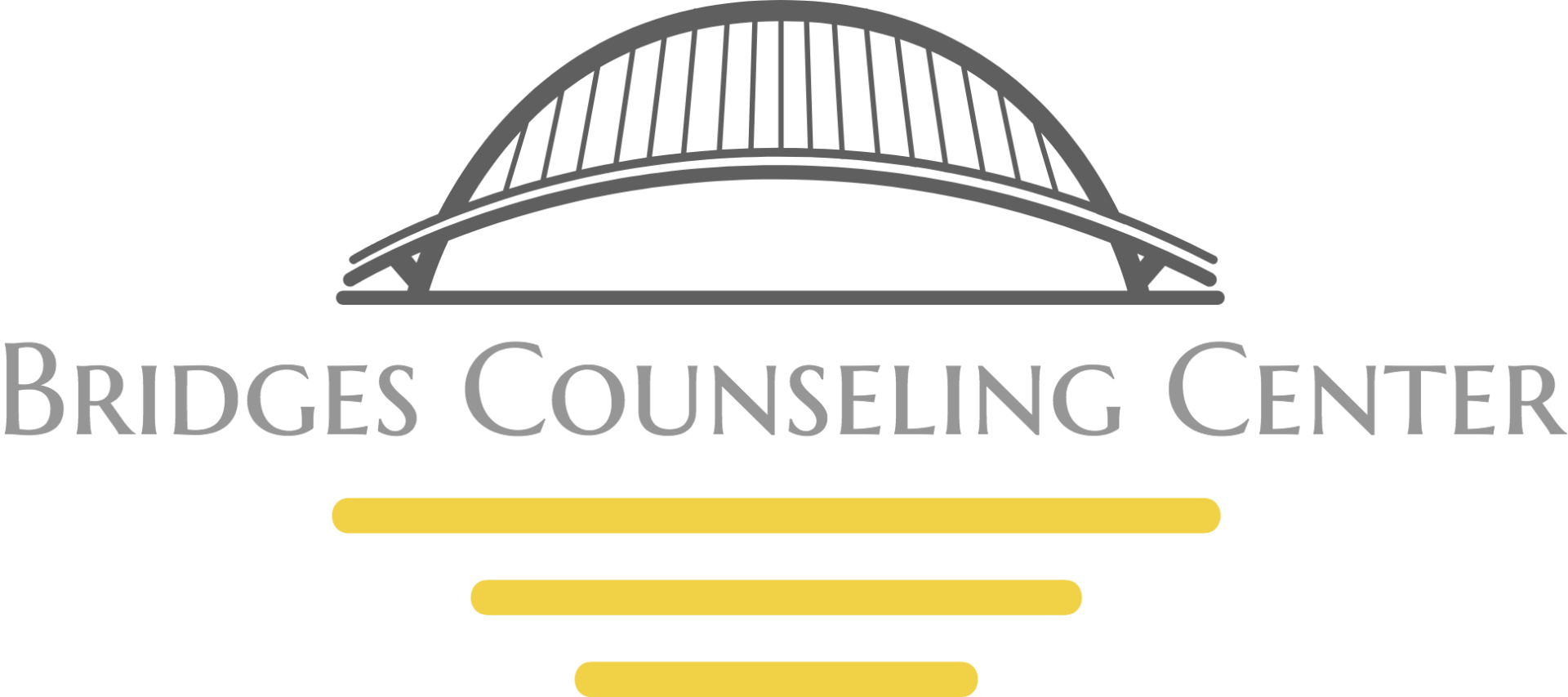How Vulnerability Can Help Us Connect to Loved Ones
- By Zimbra Therapy Partners
- •
- 20 Jul, 2018
- •

If you like to listen to Ted Talks, you've most likely heard of Brene Brown. She is a researcher who is changing how we see shame, vulnerability, and acceptance. In her findings, she has found that there is tremendous power in learning be vulnerable with others by opening up and sharing deeper more personal thoughts and emotions with people close to us.
The question I have been asking myself is how being vulnerable fits with addiction recovery. The answer that I have come to is that individuals struggling with addiction have the most to gain when they learn to be vulnerable in their relationships.
Most specialists who treat addictions believe that addiction is an intimacy disorder. Meaning, that most individuals who struggle with an addiction have a difficult time with emotional intimacy. This doesn’t mean that they are incapable. It means that while “in” the addiction, intimacy can’t occur. Furthermore, overtime the addiction takes over how a person thinks, feels, and behaves. Eventually, the person suffering with addiction feels so overwhelmed by their own out of control behaviors that meaningful relationships are relegated to the back burner.
The solution then is learning to develop and create intimacy with others. This is why 12-Step groups, a sponsor, and meaningful friendships where you become open and vulnerable matter so much.
When individuals learn to take risks and share with others, they can see that in many instances their internal fears of being rejected are often unfounded. In more cases than not, opening up to others helps individuals struggling with addiction realize that others still care about them and help is available.
The only way we really connect is by learning who is safe and who is not. When we are vulnerable with others, we begin to identify the people with whom we are safe to share personal issues and challenges. This can be a difficult learning process because some people simply aren’t safe. However, when we have refined the process and know that someone has our back in difficult moments, a major obstacle has been resolved. We can continue to open up and develop a strong relationship.
Emptiness and relapse seem to always be related to isolation. For example, have you ever tried getting close to someone without them knowing anything about you? It doesn’t work. Human intimacy requires mutual understanding. If we are suffering and no one knows, that can’t be intimacy. Learning to be open, sharing heartfelt pain and joy is how we can achieve deeper levels of human intimacy.
Through my experience as a therapist, I've found that learning to be vulnerable is one of the key elements to healing and recovery from addiction.
RECENT POSTS
MORE RESOURCES
FREE RESOURCES
-
ADDICTION Write a description for this list item and include information that will interest site visitors. For example, you may want to describe a team member's experience, what makes a product special, or a unique service that you offer.
List Item 1 -
TRAUMA Write a description for this list item and include information that will interest site visitors. For example, you may want to describe a team member's experience, what makes a product special, or a unique service that you offer.
List Item 2 -
RELATIONSHIPS Write a description for this list item and include information that will interest site visitors. For example, you may want to describe a team member's experience, what makes a product special, or a unique service that you offer.
List Item 3


